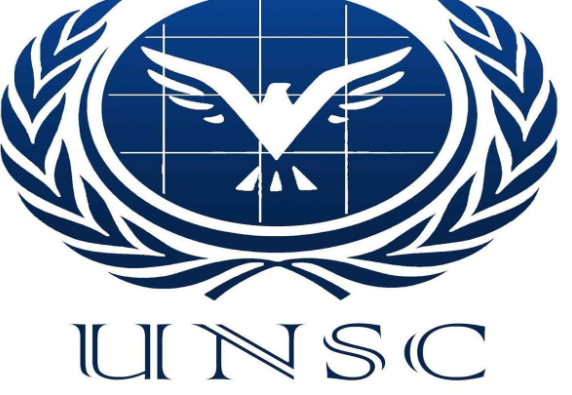Virendra Pandit
New Delhi: Despite Russia and Ukraine heading to the negotiating table in Belarus, the worst conflict in Europe after the Second World War ended (1945) may escalate further and Moscow may have to pay the huge costs for changing geopolitical dynamics and regain the ‘superpower’ status it lost in 1991 after the collapse of the Soviet Union.
On Sunday, Russian President Vladimir Putin put his nuclear forces on high alert, in an indirect warning to the West that he could go to any extent—and pay the price—for realizing his dream of restoring the ‘glory’ of the Russian Empire a century after it died.
But did he realize that the defunct Soviet Union, NOT a resurgent Russia, continues to be the UN Security Council’s Permanent Member?
Early media reports pointed out that the West—the US, Britain, and France—which has a preponderance in the UN Security Council (UNSC)–may even consider expelling Moscow from the world body.
It has two reasons: One, legally the Soviet Union was, and Russia is not, a member of the UN; and two, Moscow has breached the UN Charter and internationally accepted laws. If the West evicts Russia from the UN and the UNSC, it may serve as a warning to Beijing also, which may repeat a Ukraine in Taiwan if Russia goes unpunished.
Would Russia, and by extension, China, be prepared to pay these costs for their acts?
And would it lead to larger reforms pending in the UNSC, a blessing in disguise for other countries? If so, it may come as a windfall to other aspirants to the UNSC’s Permanent Membership: India, Germany, Japan, South Africa, and Brazil.
According to reports, an effort was underway last week to isolate President Putin diplomatically by challenging Russia’s right to a permanent seat of the UNSC because Russia took the high seat from the defunct Soviet Union in 1991 without proper authorization.
Diplomats explored if there is a basis for removing Russia from the UNSC, whose presidency rotates every month between the 15 members of the Council, allowing the officeholder to shape its monthly agenda and to chair its meetings.
On Wednesday last week, a day before Russia invaded Ukraine, its UN envoy, Vassily Nebenzias, was chairing an emergency meeting of the UNSC in New York. As soon as Moscow announced its ‘special military operation’ in Ukraine, he got a message from the Kremlin on the phone. He promptly started reading it out, justifying the Russian act. He claimed it was not an invasion but a special military operation in the Donbas region (of Ukraine).
This shocked the UNSC members, and many condemned Russia. In a rare move, even UN Secretary-General António Guterres accused Russia of violating the UN Charter.
The Ukrainian Ambassador to the UN, Sergiy Kyslytsya, informed that Article 4 of the UN Charter said the world body is open only to peace-loving states that accept the terms of the Charter. He said Russia’s actions showed it could not comply with those terms.
He also urged the UN chief to provide to the UNSC members the legal memos written by its legal counsel, dated 19 December 1991, that the Russian Federation be permitted to join the Council as the successor to the Soviet Union. Ukraine claimed the constituent republics of the USSR declared in 1991 that the Soviet Union had ceased to exist, and with it should have gone the legal right of those entities, including Russia, to sit on the Council.
No decision to permit Russia to the UNSC was ever put to the General Assembly. The UN Charter was never amended after the USSR broke up. It still references the Soviet Union, and not Russia, as one of the Permanent Members of the UNSC.
In 1991, China’s entry into the UN was, however, subject to a resolution.
Upon the recommendations of the UNSC, the General Assembly may expel from the Organization a member of the UN, which persistently violates the principles of the Charter.
Russia now claims its actions in Ukraine were taken in line with Clause 51 of the UN Charter, citing self-defense.
That the climate was turning against Russia at the UN became clear when Guterres, in a brief televised statement on Thursday last, said the “Russian military operation is wrong, is against the Charter and unacceptable”. He again appealed to President Putin to stop the Ukraine operation and recall his troops.
At present, the reports said, Russia is appeasing China to keep its protection at the UNSC believing Beijing would not support a motion for its expulsion.
But US officials said, “Russia’s aggressive actions here carry risks for China along with everyone else. It’s not in China’s interest to endorse a devastating conflict in Europe and defy the principles of sovereignty and territorial integrity it claims to hold dear.”

